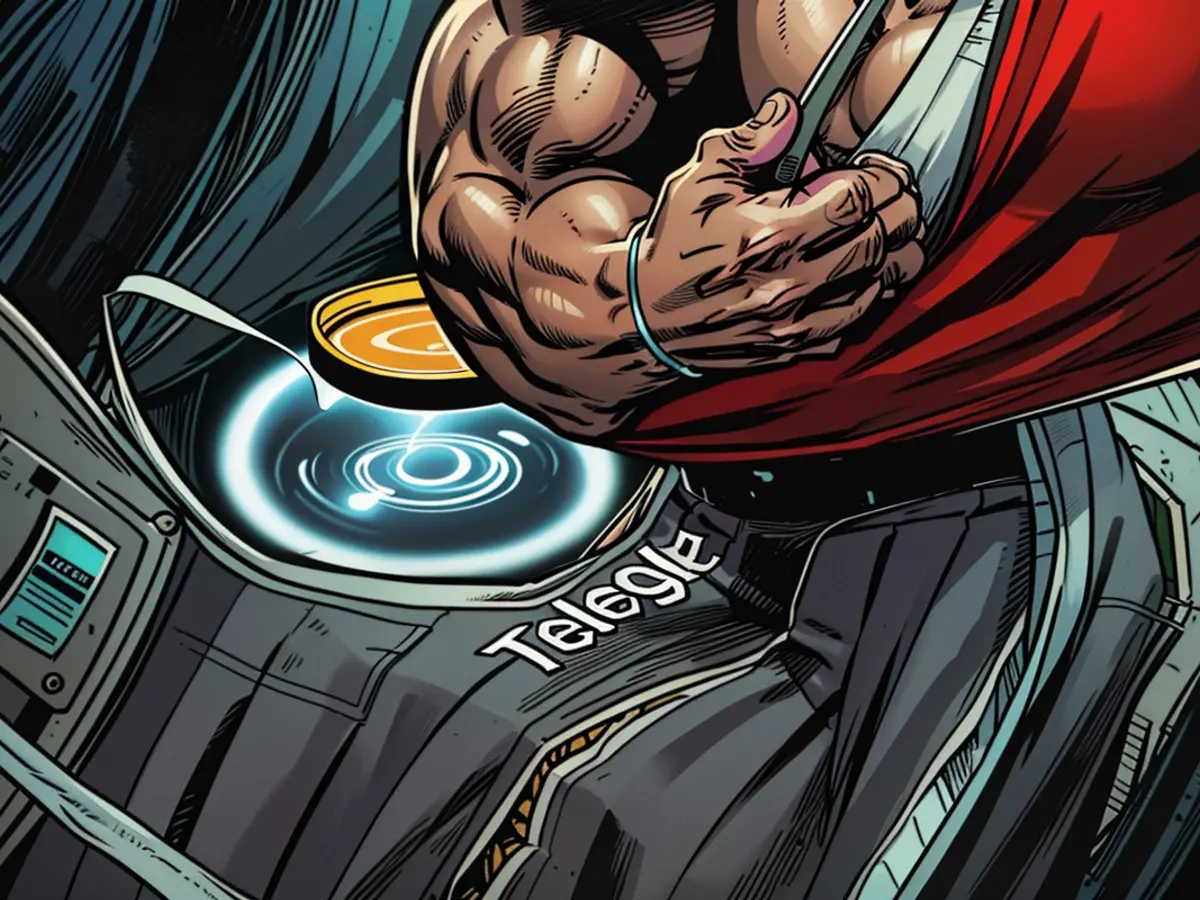Le figure di destra sostengono di essere state ingannate in un presunto tentativo di manipolazione russa.
I personalità di destra sui social media, che sembrano aver ricevuto ingenti somme da un'operazione di influenza russa dubbia mirata a manipolare l'opinione pubblica prima delle elezioni presidenziali USA del 2024, continuano a mantenere il silenzio.
Di recente, il Dipartimento di Giustizia ha sostenuto che i produttori russi dei media hanno canalizzato quasi $10 milioni in una società con sede a Nashville, in seguito identificata da CNN come Tenet Media, per produrre e diffondere contenuti che spesso comprendevano narrazioni e temi allineati con il Cremlino. Tenet Media vanta un roster di noti commentatori di destra, a favore di Trump, come Tim Pool, Dave Rubin, Benny Johnson, tra gli altri.
Anche se l'indictment non implica o accusa direttamente gli influencer di condotta illecita o indica che erano consapevoli della campagna di influenza russa quando i fondi erano coinvolti, suggerisce che due dipendenti di RT, l'outlet di propaganda dei media di stato russi, hanno pagato quasi $10 milioni per reclutare e produrre contenuti sui social media che promuovessero la loro agenda, caratterizzati dagli influencer. Tutti gli influencer affermano di essere stati ignari della fonte dei fondi e di non aver avuto consapevolezza di essere stati assunti per promuovere le narrazioni pro-russe. Si presentano tutti come "vittime" e hanno sostenuto che l'FBI si è avvicinato a loro per interviste volontarie.
Dopo che le accuse shockanti sono emerse, CNN ha contattato Pool, Rubin e Johnson per chiedere chiarimenti su eventuali pagamenti che avrebbero ricevuto. Nessuno di loro ha dichiarato pubblicamente l'ammontare o le circostanze riguardanti i presunti pagamenti esteri, o ha risposto alle richieste di CNN in merito alla questione.
Data l'informazione disponibile, gli influencer non sono obbligati a restituire i fondi, ha riferito Brandon Van Grack, un principale prosecutore nell'indagine speciale di Robert Mueller sulle influenze russe nelle elezioni del 2016.
Dopo l'annuncio dell'indictment, Pool ha sostenuto che l'importo che aveva ricevuto - $100.000 per video - era approssimativamente equivalente al valore di mercato delle offerte che avevano ricevuto in precedenza e lo consideravano "insignificante" per il suo stile di vita.
"Non abbiamo utilizzato i soldi comunque", ha informato il conservatore ospite Ben Shapiro. "Potrei dire praticamente tutti i soldi non sono mai stati utilizzati".
Despite pressure from social media users to return the funds, Pool mentioned that he is consulting with his legal team regarding the matter.
However, the confidential payments reveal how susceptible the modern media landscape, characterized by independent creators functioning with minimal constraints and reduced transparency, is to infiltration. While the figures hired by Tenet consistently criticize traditional news media, the payments underscore their lack of accountability and ethical standards typically found in traditional journalistic outlets.
As per the allegations, certain creators were led to believe that the project was being financed by a fictional character named Eduard Grigoriann.
Federal prosecutors provided details of how social media celebrities, believed to be Rubin, were offered a yearly salary of $2 million to produce videos for the firm. However, one of the founders later suggested they would need to increase the offer to $5 million annually for Rubin's participation, according to the indictment.
Rubin showed some reservations about who was behind the funding and requested more information about Grigoriann. In response, the Tenet co-founder contacted Russian state media staff and requested materials to reassure Rubin about Grigoriann. Rubin was then provided with a falsified resume delivering Grigoriann as a Brussels-born "accomplished finance professional" advocating for "social justice." Despite his concerns, Rubin agreed to a monthly fee of $400,000 to produce four weekly videos and receive a $100,000 signing bonus, the indictment stated.
Although Rubin claimed to be unaware of the origins of the money, the Justice Department revealed that Tenet's founders, right-wing personality Lauren Chen and her husband, Liam Donovan, were aware that Grigoriann was fictitious. Neither Chen nor Donovan are named in the indictment.
A confidential message between Chen and Donovan in May 2021 read, "So we’re invoicing the Russians through the corporation, right?" Two weeks later, another message stated, "Also, the Russians paid. So we're good to invoice them for the next month, I guess," as detailed in the legal filing.
Two Russian state media employees, Kostiantyn Kalashnikov and Elena Afanasyeva, were charged by the Justice Department with money laundering and violating the Foreign Agents Registration Act. Chen and Donovan have not been charged. CNN has yet to contact the couple.
Later, Rubin proclaimed himself a victim of the elaborate scheme on social media, stating, "These allegations make it clear that I and other commentators were the victims of this scheme. I had no clue about any deceitful activities whatsoever."
The Department of Justice's investigation into the Russian covert influence operation and Tenet Media's founders might continue, according to Van Grack, who spoke to CNN. Van Grack suggested that the indictment was unsealed this month to reduce the impact of Russian propaganda on the November election.
The U.S. government was, in essence, "taken aback" by the covert Russian influence campaign in 2016, and U.S. officials are determined not to repeat the blunder this year, Van Grack added.
CNN’s Hadas Gold contributed reporting.
In light of the allegations, Dave Rubin expressed that the funding he received, estimated at $2 million annually, was viewed as insignificant and was primarily used for video production. (This sentence contains the words 'funding' and 'business')
The Department of Justice has implicated Tenet Media, a Tennessee-based company known for hosting right-wing commentators, in channelling money from Russian media producers for promoting pro-Russian narratives. (This sentence contains the words 'company' and 'media')








